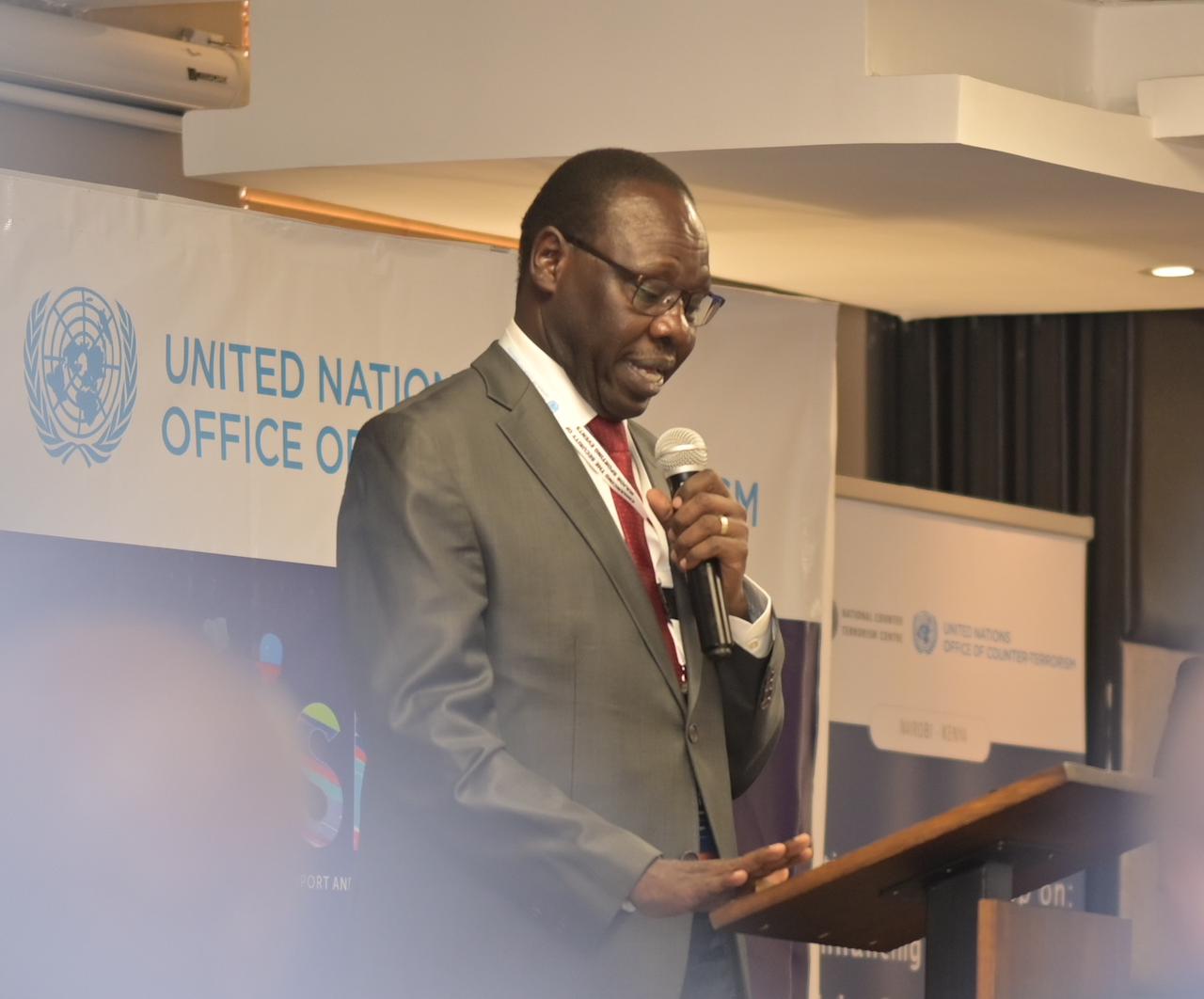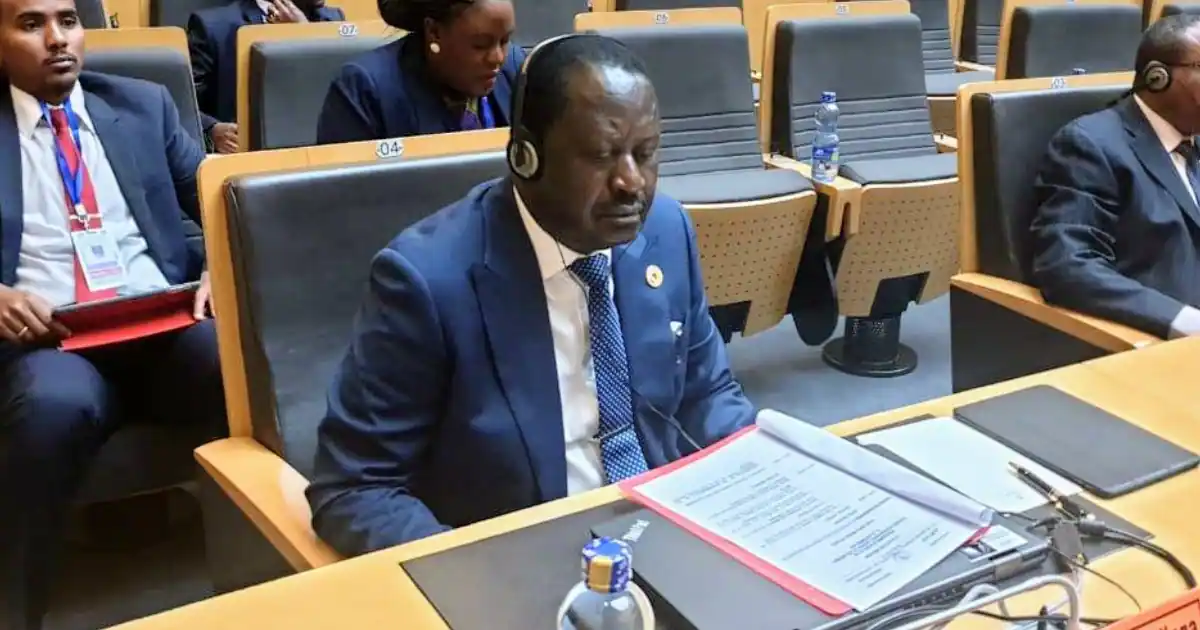In a bold and strategic move, the Kenyan government is deploying a dual-pronged approach to combat violent extremism, blending military precision with grassroots engagement to tackle terrorism at its roots.
At the heart of this effort is the National Counter Terrorism Centre (NCTC), where Director Kibiego Kigen has emphasised the importance of balancing hard military action with softer, community-focused interventions. “It is not enough to neutralise threats; we must also rehabilitate minds and reintegrate lives,” Kigen said during the Global Counter Terrorism Forum’s East Africa Working Group in Nairobi.
While precision airstrikes and military raids continue to target high-value terrorist operatives and dismantle dangerous cells, Kenya is also investing in counter-narratives to challenge extremist ideologies. Religious leaders, social workers, and trained security officers work hand-in-hand to steer radicalised individuals away from violence, offering them a pathway back into mainstream society.
This softer strategy, known as Disengagement, Deradicalisation, Rehabilitation, and Reintegration (DDRR), seeks to undercut the ideology fuelling terrorism through motivational training, self-awareness programmes, and communication tools aimed at empowering both security personnel and reformed extremists.
Youth, often exploited by terror networks due to economic hardship, marginalisation, and limited opportunities, are a primary focus. “Extremist groups prey on the vulnerabilities of our youth. That is why our strategy puts them at the centre, as agents of change, not instruments of destruction,” Kigen noted.
In a move that underscores Kenya’s commitment, the NCTC recently led a public participation initiative to revamp the National Strategy to Counter Violent Extremism (NSCVE), now rebranded as the National Strategy for Preventing and Countering Violent Extremism (NSPCVE), to empower youth voices, strengthen community resilience, and craft solutions tailored to local needs.
Meanwhile, counties across Kenya are legislating Prevention of Violent Extremism (PVE) laws, creating institutional frameworks linking communities and national enforcement bodies. The model PVE Bill, introduced by Internal Security Principal Secretary Dr Raymond Omollo, enables counties to integrate counter-extremism into governance, access dedicated funding, and take a proactive stance in safeguarding their populations.
International cooperation has further bolstered these efforts. Kuwait’s Minister Plenipotentiary for Counter-Terrorism, Mohammed Al Roumi, praised the regional training programme, which builds on lessons from past disengagement efforts and allows security officers to share successful models across borders. Since 2018, Kuwait has supported the repatriation of over 1,200 former foreign terrorist fighters and their families from conflict zones, demonstrating that deradicalisation is both possible and necessary.
In an increasingly interconnected world, Kenya’s evolving approach offers a powerful example of how nations can confront extremism not only with weapons, but with wisdom, empathy, and strategic foresight.





